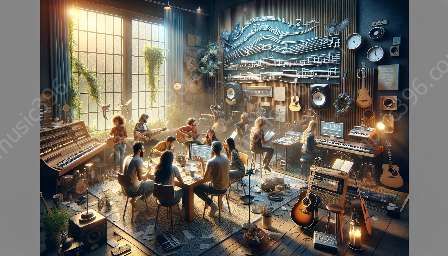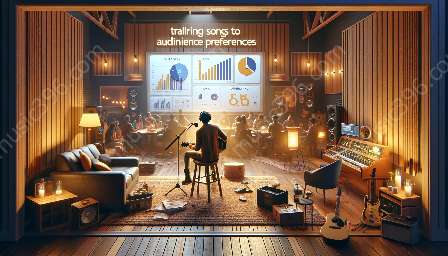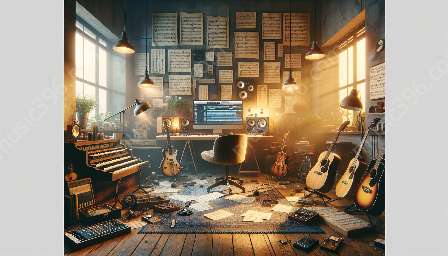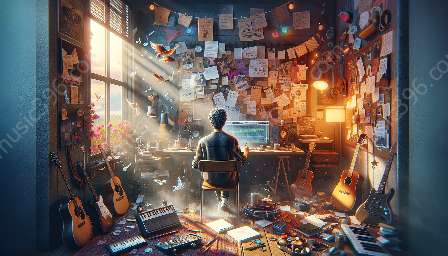Songs have the remarkable ability to transport us through time, evoking memories and nostalgia with each note and lyric. This is especially true for songwriters who often draw from personal experiences and emotions to create music that resonates deeply with listeners. In this article, we'll delve into the profound impact of nostalgia and memory on the structuring of songs, and how these elements influence songwriting, song structure, and arrangement.
The Role of Nostalgia and Memory
Nostalgia, the sentimental longing for the past, and memory, the faculty of the mind that allows us to retain and recall past experiences, play crucial roles in shaping the emotional landscape of songs. Musicians often leverage these powerful emotional triggers to connect with audiences on a profound level.
In songwriting, nostalgia and memory can serve as sources of inspiration. Songwriters frequently draw from personal experiences, childhood memories, and pivotal moments in their lives to infuse their music with authenticity and relatability. Whether it's a love song that evokes the bittersweet nostalgia of a past relationship or an anthem that taps into the collective memories of a particular generation, the emotional resonance of songs is often deeply intertwined with nostalgia and memory.
Nostalgia and Song Structure
When it comes to song structure, nostalgia and memory can significantly influence the organization and flow of a song. Certain musical techniques and elements can evoke a sense of nostalgia, such as using vintage instrumentation or incorporating familiar chord progressions from a specific era. These musical nuances can transport listeners back in time and create an immersive sonic experience that resonates with their memories and emotions.
Additionally, the lyrical content of a song can play a pivotal role in evoking nostalgia. Poignant storytelling and vivid imagery that reference specific moments or emotions from the past can create a deeply nostalgic atmosphere within the song. Whether it's the wistful recollection of childhood adventures or the yearning for bygone days, lyrically structured nostalgia can be a powerful tool in songwriting.
Memory and Arrangement
Arrangement, the process of organizing and orchestrating musical elements within a song, is another area where nostalgia and memory come into play. From production choices to instrumental arrangements, musicians can intentionally incorporate elements that tap into the collective memory and nostalgia of their audience.
For example, a modern song arrangement may subtly integrate familiar motifs or musical references from a bygone era, creating a sense of musical homage that resonates with listeners who are nostalgic for that particular time period. Similarly, the use of vintage synthesizers or production techniques can evoke the sonic textures of a cherished musical era, offering a nostalgic sonic experience for the audience.
Embracing Nostalgia in Songwriting
While nostalgia and memory can profoundly influence the structuring of songs, it is essential for songwriters to approach these elements with authenticity and sincerity. Genuine emotional resonance cannot be forced or manufactured, and it is crucial for songwriters to draw from their own experiences and memories to create music that genuinely connects with their audience.
By embracing nostalgia in songwriting, musicians can create timeless pieces that capture the essence of shared human experiences, transcending temporal boundaries and resonating across generations. Furthermore, the fusion of nostalgia with innovative song structures and arrangements can lead to the creation of music that is both emotionally evocative and artistically visionary.
Conclusion
Nostalgia and memory are powerful forces that shape the emotional landscape of songs, influencing the entire creative process from songwriting to arrangement and beyond. By skillfully harnessing these elements, songwriters can create music that transcends time and resonates deeply with audiences, forging emotional connections that endure long after the last note fades.

























